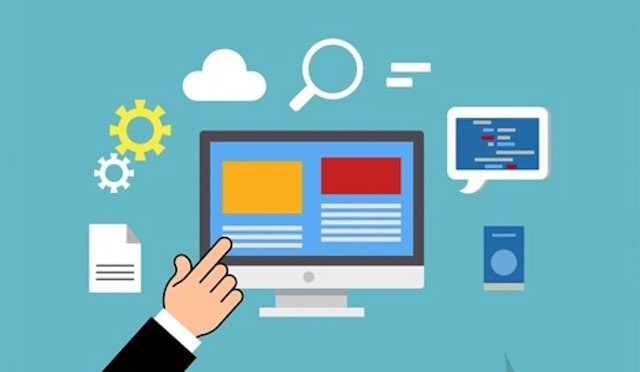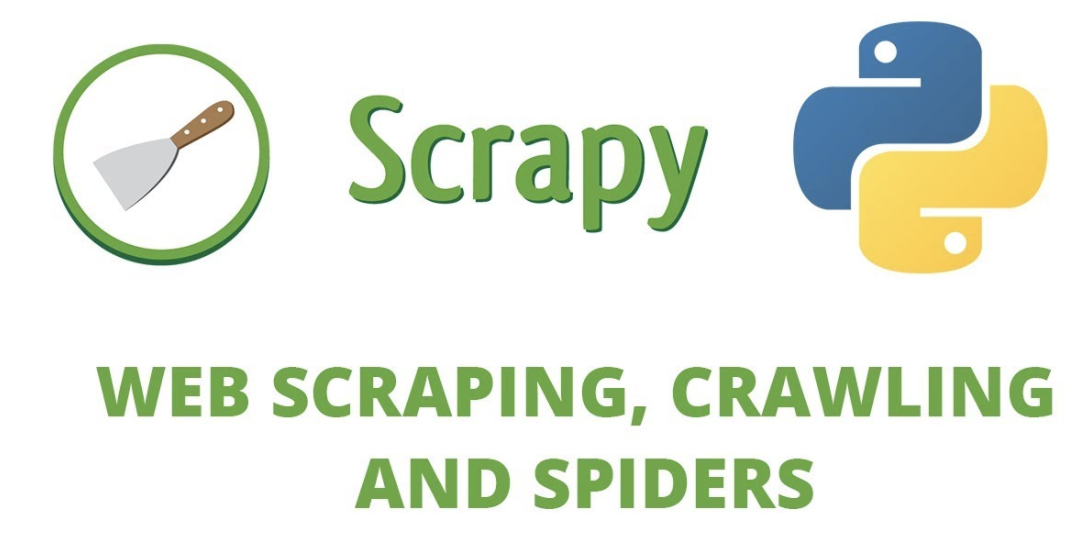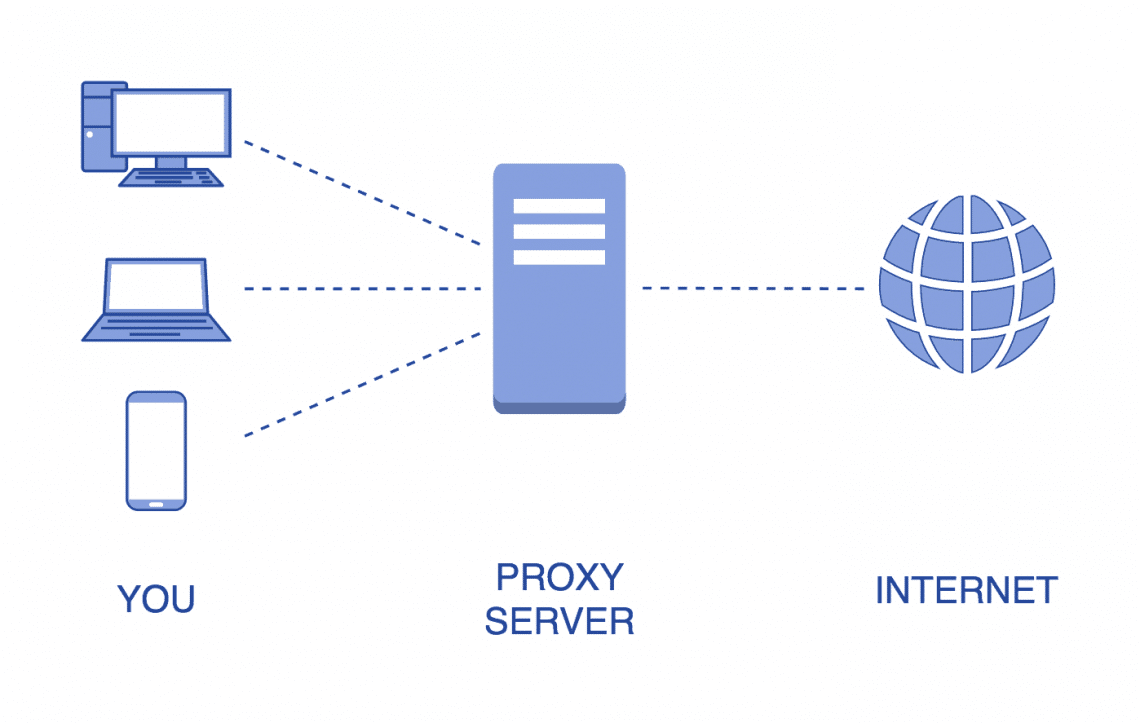
If the proxy provider doesn’t have an ethical guideline to follow, you might expose yourself to a threat when using its proxies. That’s why you need to make sure that there are some rules your vendor obeys. Moreover, you should know what those rules have to look like to not let providers fool you.
Proxies are a rather simple service, so often we don’t think twice sticking to a particular provider. We assume that the vendor knows its job, and we tend to focus more on the pricing, locations of servers, and other by all means important things. But that’s not enough. There are more criteria you should consider.
The thing is, if the provider doesn’t have an ethical guideline it follows, you might expose yourself to a threat when using its proxies. That’s why you need to make sure that there are some rules your vendor obeys. Moreover, you should know what those rules have to look like to not let providers fool you.
How A Proxy Provider Can Be Unethical
When we say “an unethical proxy provider” we mean a vendor that doesn’t care much about the privacy and safety of its customers. The lack of ethics is quite easy to understand if we’re talking about a service that offers proxies for free. That’s why specialists never recommend sticking to free proxy servers - no one really watches over them to make sure they remain safe for users.
If a provider offers such a service on a paid basis, it absolutely must implement measures to keep its customers and their privacy protected. While some users need proxies for doing academic research or gaining business intelligence, for example, others might use them for malicious intentions. Then all other users that have shared access to proxies with a malefactor might become exposed to a threat being completely unaware of it. So it’s the responsibility of a vendor to watch over all its customers, detect suspicious activity, and deal with malefactors.
Another important detail is the way a provider acquires IP addresses for its network. Vendors get them by using devices around the world to reroute traffic through them. How do they do that? Are people aware that their devices are a part of a proxy network? Do they get any benefits for that? All these questions are very important as you don’t want to use a provider that violates the rights of users. An unethical vendor will acquire IP addresses in some fraudulent way without even letting peers know they’re providing their gadgets as proxy servers.
Finally, an unethical provider will not follow GDPR and other regulations that protect the privacy and online security of users. And can you trust a vendor that doesn’t obey the law? Absolutely not. If it doesn’t follow the regulations, you can’t expect it to value your privacy, too.
Where To Look For Proof Of Ethics?
If a vendor has an ethical code it follows, it will show it off. You will quite likely find a dedicated page somewhere in the website menu or in the footer. If you couldn’t find anything that would tell you about the ethical guidelines of a provider, you should contact the support team and ask them to share this information with you. Obviously, if they can’t provide you with the ethical code of a provider, there is none.
The Guidelines An Ethical Proxy Provider Follows
Now let’s talk about the rules an ethical proxy provider should have. We at Infatica created a rather extensive code that lets us always keep our customers, peers, and partners safe. Here are the ethical guidelines we follow, and we believe that every proxy vendor should follow them, too.
All Peers Gave Their Consent
The proxy network consists of devices from around the world. Once these gadgets join the network, they become a proxy server through which user traffic is rerouted. It’s undeniably important that the owner of this device knows that it’s being a part of the proxy network and agrees to all the terms.
Gadgets become our peers though Infatica SDK. It is basically a partnership program . Developers implement our SDK into their apps as a way of monetization. Users of this app have a choice to become a peer of a proxy network or decline this option. Those who agree to become peers gain certain benefits - usually, an ad-free app.
That’s how our peers know their devices are used as proxy servers, and they consent to the terms we offer. Thus, we get IP addresses in an honest way without sneaking into gadgets or fooling users. And we believe that every proxy provider should keep its peers aware of them being a part of a network and have their consent.
GDPR Compliance
This regulation was created to let governments protect users from cybercrime. GDPR safeguards the identity, privacy, and rights of people. And an ethical provider must follow these guidelines to ensure safety for its customers. Infatica is fully GDPR compliant, and we obey all the regulations to keep our clients and peers protected.
Peers Get Real Benefits
It’s important that all parts benefit from the activity of a proxy provider. Obviously, the latter gets IP addresses, so it always gets what it needs. Peers and partners are the ones we need to talk about. Developers who are partners of Infatica SDK can monetize their apps through it. It means, they can increase their revenue and, perhaps, get rid of in-app ads to improve the user experience. So partners are sorted.
Now to the peers. In exchange for resources of their devices, they get to use an app for free - that’s the pattern developers usually follow. In some cases, peers gain access to some paid features or to a premium version of an app as long as they remain a part of Infatica’s network. Thus, all sides benefit from joining us. And that’s what we call being an ethical proxy provider.
Peers Can Leave The Network At Any Moment
People need to have a choice - that’s a basic human right. Users need to choose whether they want to become a part of the network or not. And in the future, they need to have an opportunity to leave it or become a peer if they declined the offer.
Users can decline the offer to become Infatica’s peers as they install the app. Also, they can join the network later if they change their minds. It works vice versa, too. If the user became our peer and figured later that they don’t want their device to be a proxy server - they can easily opt-out, and we immediately stop rerouting traffic through their gadget.
The Devices Are Used Only When Idle
An ethical provider will reroute user traffic through a device only when the latter is idle. It means that the gadget is not being used at all, and its resources are available. Infatica always waits for a device to become idle before the system begins using it as a proxy server. Also, we make sure that the gadget has enough battery power or is being charged.
An ethical provider will never use a device when it’s active or has a low battery because it’s the responsibility of a vendor to make the peers feel comfortable. Peers should never experience lags or drained batteries because the provider rerouted traffic through their devices in the wrong moment.
We at Infatica are dedicated to this ethical code, and we always do our best to keep everyone satisfied. These guidelines help us protect the privacy and rights of both our customers and peers. And we believe that if a vendor fails to follow at least one of these rules, it can’t be ethical.


